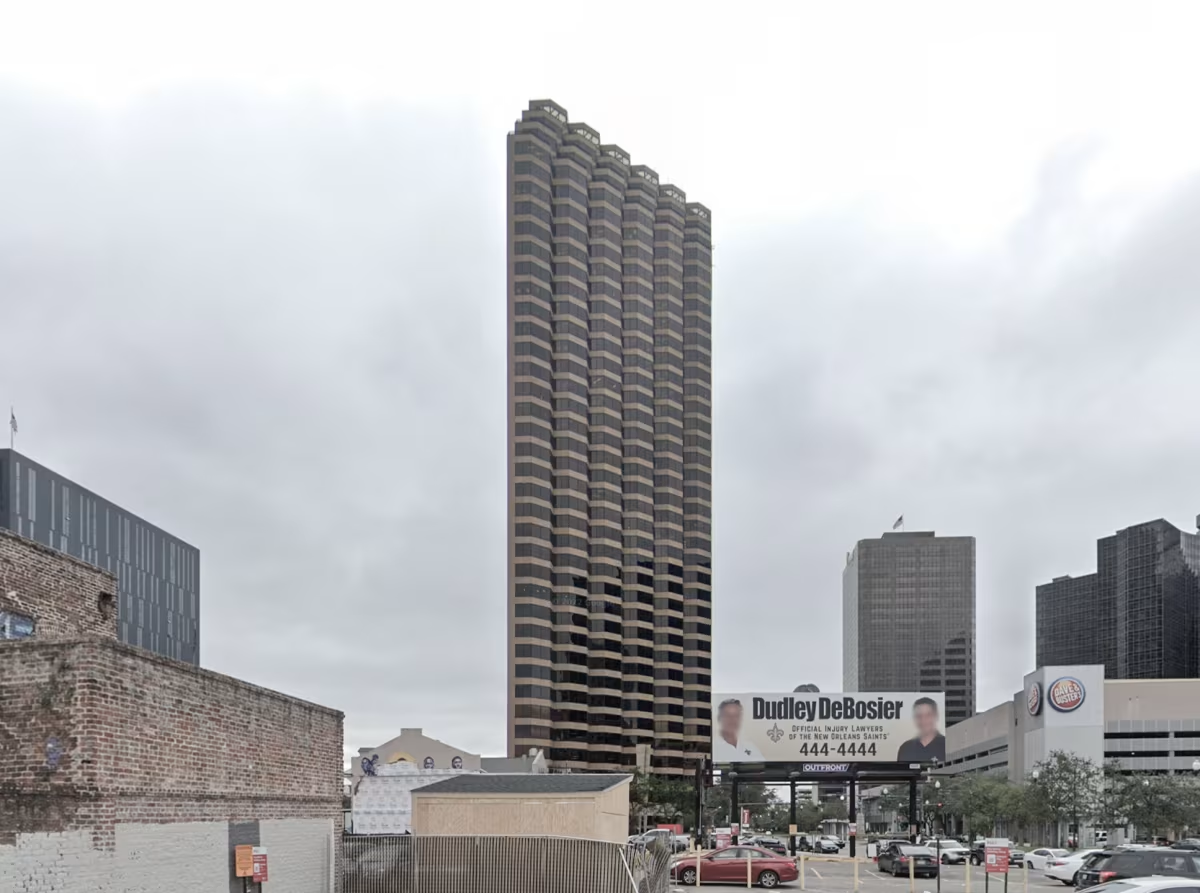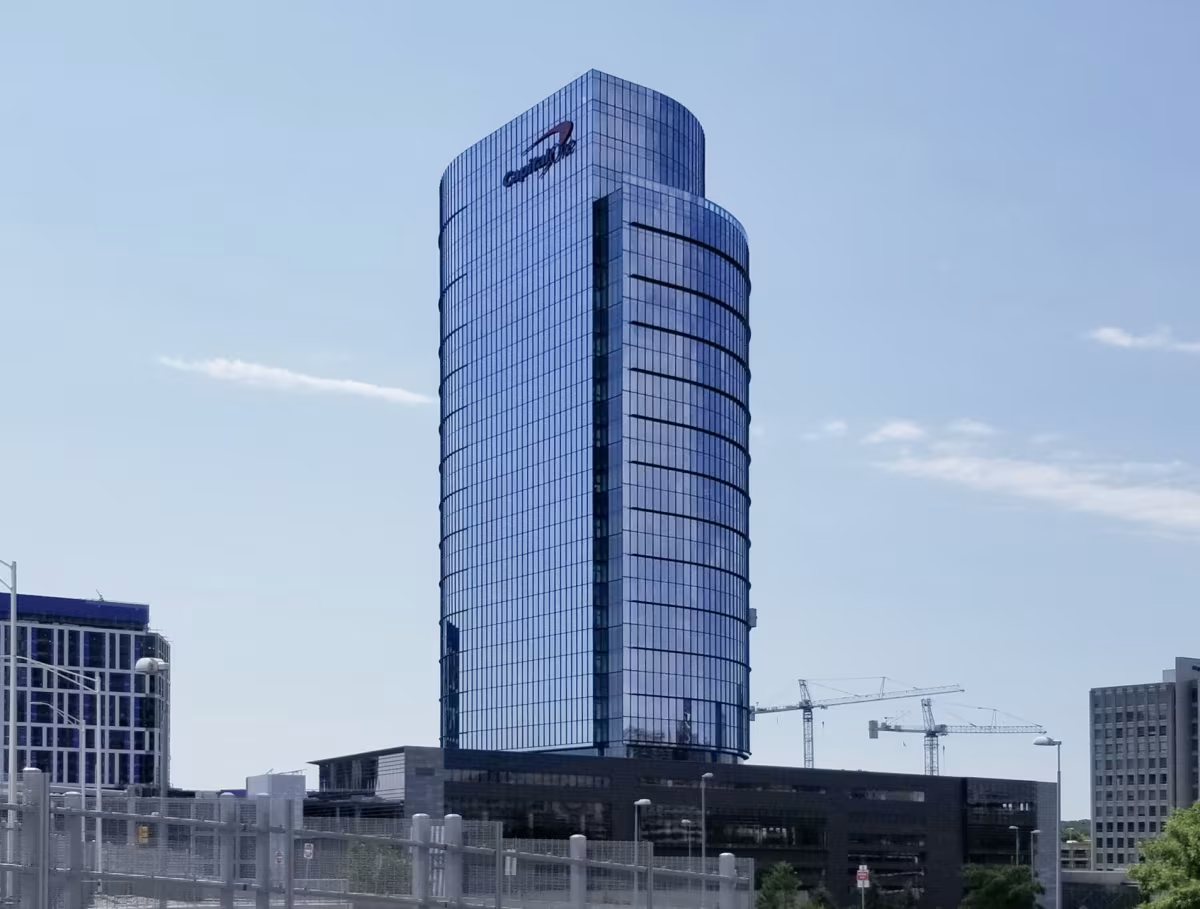Energy Centre Building vs Capital One Tower


Comparing the Energy Centre Building and the Capital One Tower is compelling because they were both designed by HKS Inc., yet they stand in different cities (New Orleans, LA and Tysons , VA), and were completed over two decades apart.
What this will allow us to see, is how the same firm's approach adapted to different places in different periods of time.
Height & Size
The Energy Centre Building is clearly the larger tower of the two, both in terms of height and number of floors. It rises to 531ft (162m) with 39 floors above ground, while the Capital One Tower reaches 469ft (143m) with 31 floors above ground.
Of course, each project may have faced different briefs or regulatory constraints, which we don't really know about and could also explain the outcome.
Architectural Style
The Energy Centre Building was designed in the Postmodernism style, while the Capital One Tower reflects the principles of Contemporary.
At the time of their completion, both styles were well established. This makes the comparison especially interesting, because both buildings represent a dominant aesthetic at a particular point in time.Built 34 years apart (1984 vs 2018), these two buildings are a perfect example of how different architectural styles have shaped the architectural landscape of our cities over time.
Uses
Both the Energy Centre Building and the Capital One Tower were designed to serve as commercial towers, and that has remained their main use since their completion, serving similar roles in the urban fabric.
The Energy Centre Building also provides 982 parking spaces.
Structure & Facade
Both the Energy Centre Building and the Capital One Tower rely on a Frame structural system.
A frame structure uses a grid of columns and beams to carry the building's loads. This frees the walls from structural duties, allowing for flexible floor plans and larger windows.
They also employ the same type of facade, a Curtain Wall facade.
A curtain wall is a non-load-bearing facade hung from the structural frame. It is anchored to floor slabs and transfers only its own weight and wind loads, allowing for sleek, glassy exteriors.
| Energy Centre Building | Capital One Tower | |
|---|---|---|
| HKS Inc. | Architect | HKS Inc. |
| 1982 | Construction Started | 2014 |
| 1984 | Year Completed | 2018 |
| Postmodernism | Architectural Style | Contemporary |
| Commercial | Current Use | Commercial |
| 39 | Floors Above Ground | 31 |
| 162 m | Height (m) | 143 m |
| 24 | Number of Elevators | 28 |
| Frame | Structure Type | Frame |
| No | Facade Structural? | No |
| Glass, Steel | Main Facade Material | Glass |
| LA | State | VA |
| New Orleans | City | Tysons |
| 1100 Poydras Street | Address | 1600 Capital One Drive |